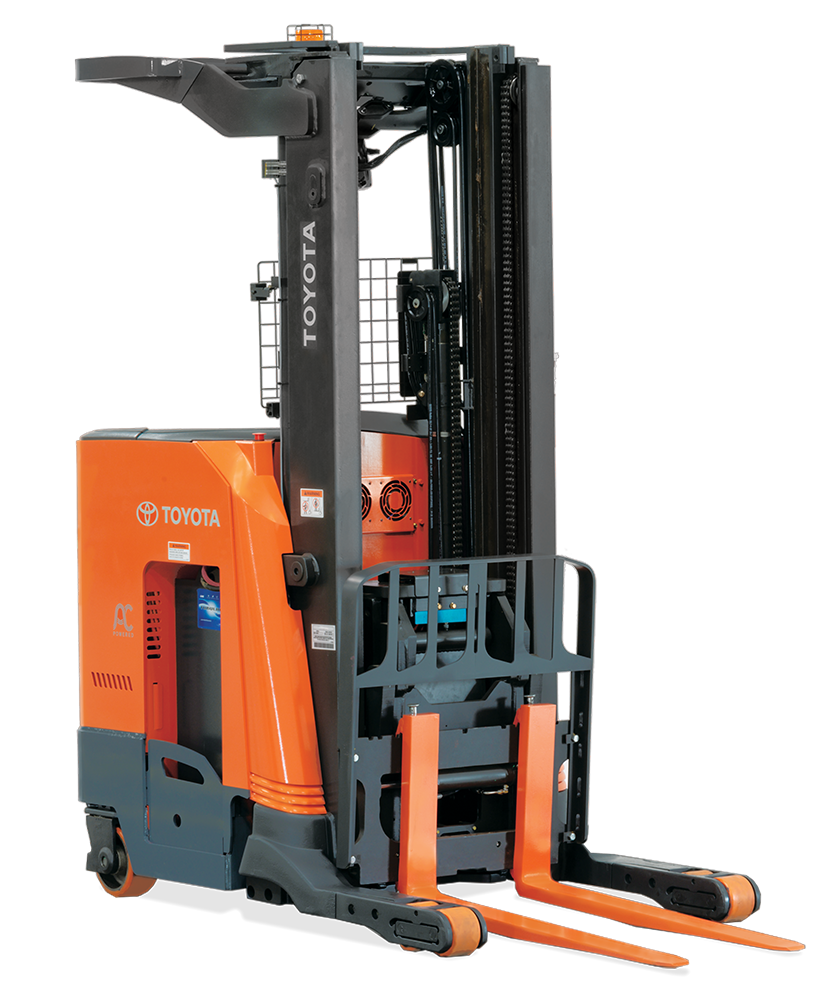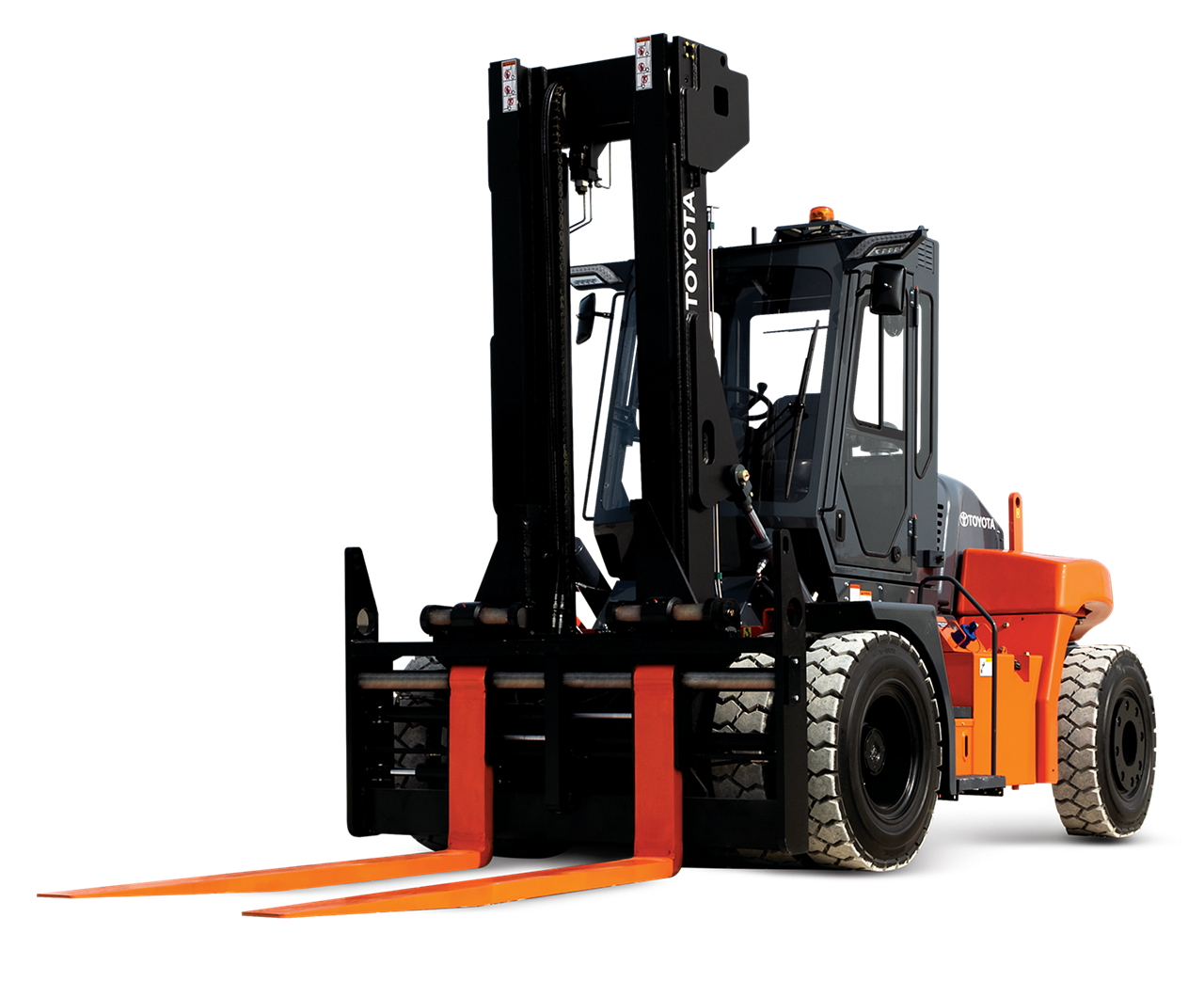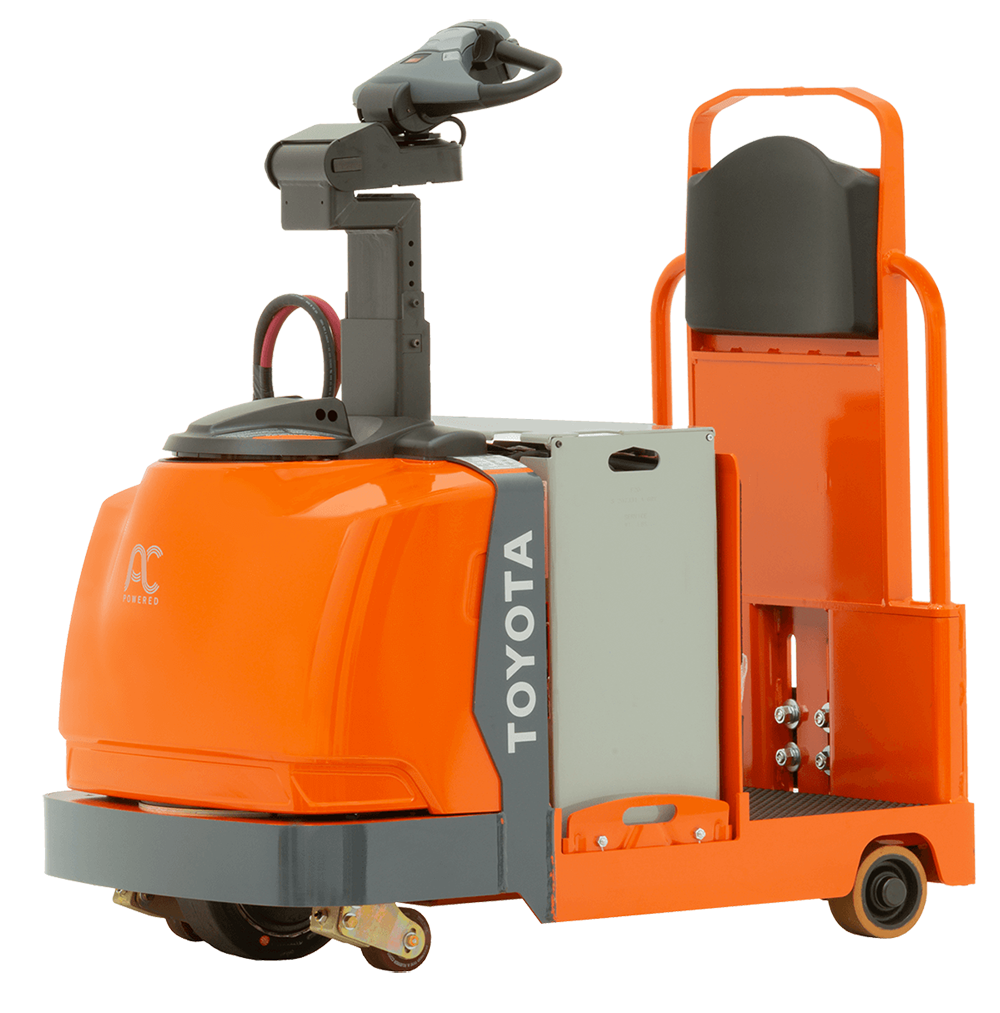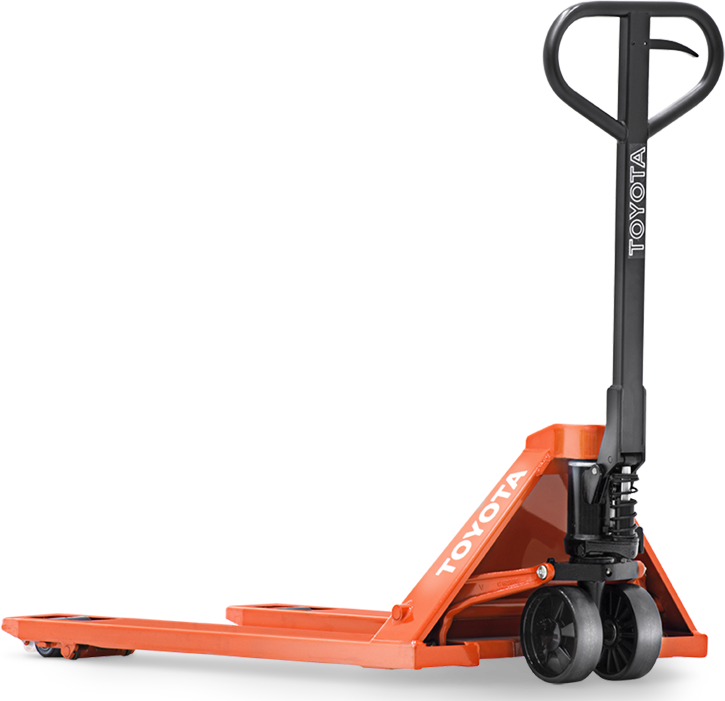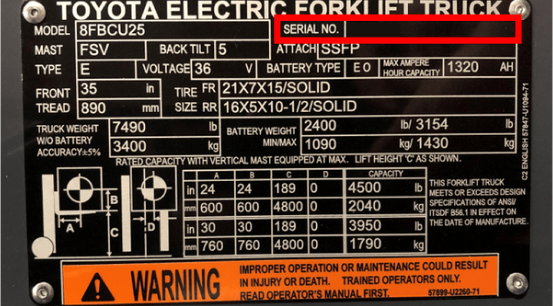Please click below to sign in to your MyToyota account
How to Decide If LiB or LAB Is Right for You

How to Decide If LiB or LAB Is Right for You
As environmental considerations and fluctuating oil prices continue to push consumers toward alternatives to traditional internal combustion engines, material handling operations increasingly look toward electric equipment solutions.
In operations that utilize forklifts, far more electric units are now sold than those powered by internal combustion engines. Electric forklifts now make up nearly 70 percent of all trucks sold, and with increasing demand for electric power comes a need to provide a solution that provides all of the benefits of traditional engines without a loss in productivity.
Lead acid batteries have been a capable but imperfect solution for years, and they continue to dominate the market today. It is estimated that lead acid batteries power 90 percent of electric forklifts in operation.
What Is a LiB?
A new player has emerged on the scene in recent years and is revolutionizing the way some companies do business. Lithium-ion battery (LiB) technology represents the next generation of forklift technology, and LiB market share in electric forklifts is expected to grow significantly in the coming years.
But while LiB technology offers unique benefits, these batteries don’t make sense for every operation. You can use a new metric – Equivalent Battery Usage (EBU) – to help you decide if making the shift to LiB batteries is best for you.
EBU measures the number of cycles customers typically use their lead acid batteries per day. A common threshold for determining whether LiB makes sense for your operation is 1.6 times per day. If your operation’s EBU is above 1.6, LiB could be a potential fit for you. If it falls below 1.6, however, it probably makes more sense to continue using lead acid.
Typically, multi-shift applications are above the 1.6 EBU threshold – so any customer operating their equipment for more than one shift per day is a good candidate for considering LiB technology.
The reason LiB doesn’t make sense for every customer today is simple – the high upfront cost, and the high variability in return on investment. LiBs are more expensive than lead acid batteries, and they’re best used in high-throughput applications – such as distribution facilities, retail, and paper industries.
Are you considering the move the lithium-ion batteries? Schedule an appointment with an operations consultant today to learn which battery solution would best suit your unique needs.




